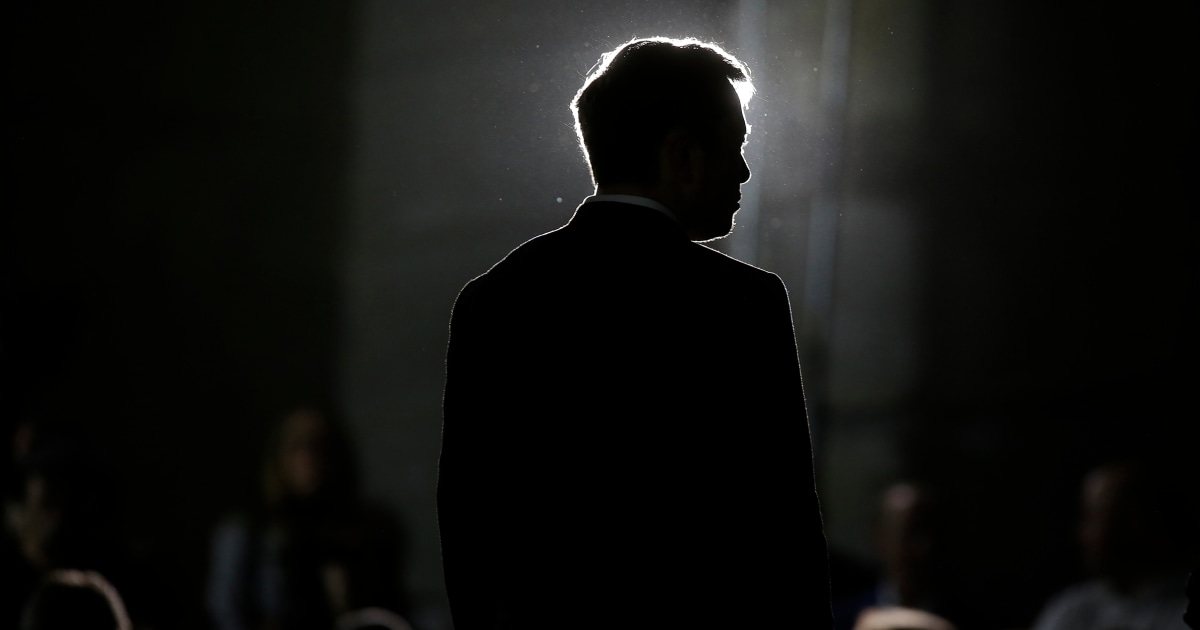
On Tuesday, Twitter announced that Elon Musk, CEO of SpaceX and Tesla, would be joining its board of directors. The news comes a day after he bought more than 9 percent of the company’s stock. Parag Agrawal, the company’s CEO, tweeted: “Through conversations with Elon in recent weeks, it became clear to us that he would bring great value to our Board.” But Musk’s worrisome track record of using social media irresponsibly should raise huge questions about whether, as a member of the board, he’ll ensure that the platform cracks down on the potentially deadly disinformation that threatens our country.
Musk’s worrisome track record of using social media irresponsibly should raise huge questions.
We have tons of evidence by now about the dangers of allowing people to tweet irresponsibly. Just look at how a single tweet by former President Donald Trump seems to have been interpreted by his followers as a call to storm the Capitol in January 2021, the way Russians used social media to influence the 2016 election and how coronavirus vaccine misinformation has spread virulently on social media. Social networks now face enormously difficult decisions about how to police their platforms to solve these problems of violence and misinformation. So it’s essential that they have incredibly responsible and civic-minded people at their helms.
Musk, however, has proven himself to be anything but responsible and civic-minded. Take a look at his own behavior on Twitter. In 2018, he was sued by the Securities and Exchange Commission for tweeting that he had “funding secured” for Tesla to become a private company. The SEC accused him of misleading the market (a claim Musk denied). As part of his 2019 settlement with the commission, Musk’s tweets about many aspects of his company now have to be vetted by lawyers before he posts them. It’s an agreement that the SEC has accused Musk of violating repeatedly.
He has also used social media to spread vaccine and Covid misinformation in the past. Although he now says he’s vaccinated and told Time magazine that “the science is unequivocal,” he said in a September 2020 interview on New York Times journalist Kara Swisher’s “Sway” podcast that he wouldn’t get vaccinated and downplayed the severity of the virus.
While he’s not the only person who has turned from Covid skepticism to acknowledge science, consider that he retweeted an anti-vaxx meme as recently as December. It’s downright scary that someone who has used social media so irresponsibly that he isn’t trusted to tweet without professional supervision will now be in a position to help determine what others do on Twitter. And there’s already reason to believe that Musk will take a laissez-faire approach to moderating problematic content. On March 25 he tweeted “Free speech is essential to a functioning democracy” and polled Twitter users about whether they “believe Twitter rigorously adheres to this principle.”
There’s also reason for us to question Musk’s commitment to the greater public good more broadly.
Seventy percent of the more than 2 million accounts that responded answered “No.” But, as we have already seen, so-called free speech can have deadly consequences. Law professor Danielle Keats Citron points out in her book “Hate Crimes in Cyberspace” that our government restricts speech for many reasons, including in certain cases of threats and speech that facilitates crimes. Social networks need to do the same to protect us from violence and disinformation about topics like our health and elections — especially since most Twitter users, according to a Pew Research Center study, regularly get their news on the platform. It’s astonishing to think that a member of the board of one of the world’s largest social networks doesn’t appreciate this.
There’s also reason for us to question Musk’s commitment to the greater public good more broadly. In response to criticism that he hasn’t paid his fair share of taxes, he tweeted in November: “Much is made lately of unrealized gains being a means of tax avoidance, so I propose selling 10% of my Tesla stock. Do you support this?” and he added a “Yes” or “No” poll. He has also publicly questioned the value of contributing to the World Food Program to fight hunger, leading one expert to liken his behavior to that of a troll. This is deeply concerning, given that one of Musk’s important roles on Twitter’s board will be to look out for the welfare of vulnerable users who enjoy far fewer privileges than he does.
As we head into another presidential election and are seeing the spread of another Covid subvariant, it’s more important than ever to ensure that social media doesn’t continue to promote violence or misinformation. It’s astounding that Twitter would call on someone like Musk to help oversee a company that urgently needs to crack down on the very kinds of bad behavior that he himself has been responsible for on its platform.
Source: | This article originally belongs to Nbcnews.com










